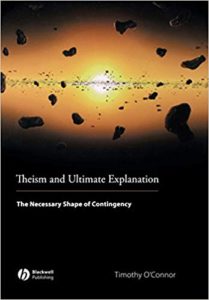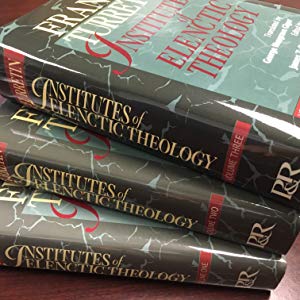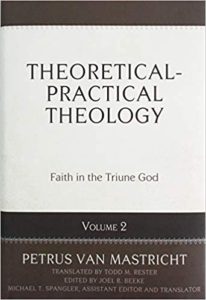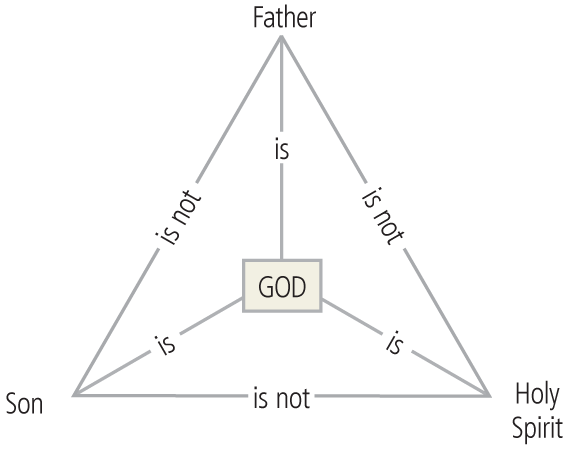
For readers who are not familiar with the term “truthmaker”, note the following clarifications:
Definition 1 – Truth bearers are those things that are made truth by truthmakers. A truth-bearer is an entity that is said to be either true or false and nothing else. Examples: Sentences, propositions, judgments, beliefs (propositional attitudes or opinion about the meaning of a sentence) etc
Definition 2 – Truthmakers are those things that make something true. A truthmaker for a truthbearer is that entity in virtue of which the truthbearer is true.
The idea of truthmaker is premised on the correspondence theory of truth. A sentence is true because of the way the world is, in contrast to the suggestion that the world is the way it is because of which sentences are true. For example, if a certain man exist, then a statement that the man exists is true, and vice versa. But there is a priority between these two states of affairs. It is the case that the statement is true because of the way the world rather than the case that the world is the way it is rather because the statement is true.
Timothy O’Connor provides two objections that make Molinism untenable.
Objection 1: Molinism posits truths without truthmakers Continue reading “Two Philosophical Objections which make Molinism-Middle Knowledge Untenable”
 THIRTEENTH QUESTION: MIDDLE KNOWLEDGE
THIRTEENTH QUESTION: MIDDLE KNOWLEDGE It has been suggested by some bloggers that exegesis is on the side of the Calvinists while logic is on the side of the Arminians. This suggestion sounds plausible since the majority of Christian philosophers today are either Arminians or Open theists. The bloggers are correct in acknowledging that Calvinists offer robust exegesis to support their arguments which is evident in the works of Thomas Schreiner, John Piper, Sam Storms and James White. However, the suggestion is mystifying since historically Calvinists have been accused of imposing of a rigid logical system onto Scripture. We can only conclude that the bloggers who suggest that Calvinists lack rigor in logical analysis have never bothered to read Calvin and his successors like Francis Turretin, John Owen, Jonathan Edwards or Dutch Reformed theologians like Wilhelmus Brakel and Petrus van Mastricht. A quick glance of Richard Muller’s 4-vol (2176 pages) work on Post-Reformation Reformed Dogmatics should immediately impress the reader of both the acuity and logical brilliance displayed by the Calvinists. It was precisely because the doctrinal disputations of the Reformed Scholastics were dominated by austere logic, where conciseness and clarity trumps readability that Calvinism has been accused on putting logic above Scripture.
It has been suggested by some bloggers that exegesis is on the side of the Calvinists while logic is on the side of the Arminians. This suggestion sounds plausible since the majority of Christian philosophers today are either Arminians or Open theists. The bloggers are correct in acknowledging that Calvinists offer robust exegesis to support their arguments which is evident in the works of Thomas Schreiner, John Piper, Sam Storms and James White. However, the suggestion is mystifying since historically Calvinists have been accused of imposing of a rigid logical system onto Scripture. We can only conclude that the bloggers who suggest that Calvinists lack rigor in logical analysis have never bothered to read Calvin and his successors like Francis Turretin, John Owen, Jonathan Edwards or Dutch Reformed theologians like Wilhelmus Brakel and Petrus van Mastricht. A quick glance of Richard Muller’s 4-vol (2176 pages) work on Post-Reformation Reformed Dogmatics should immediately impress the reader of both the acuity and logical brilliance displayed by the Calvinists. It was precisely because the doctrinal disputations of the Reformed Scholastics were dominated by austere logic, where conciseness and clarity trumps readability that Calvinism has been accused on putting logic above Scripture. 
